What Is Glutamine?
Glutamine is an amino acid. Amino acids are molecules that play many roles in the body.
Their main purpose is to serve as building blocks for proteins.
Proteins are crucial to the organs. They also serve other functions, such as transporting substances in the blood and fighting off harmful viruses and bacteria (1).
Like many other amino acids, it exists in two different forms: L-glutamine and D-glutamine.
They are almost identical but have a slightly different molecular arrangement (2Trusted Source).
The form found in foods and supplements is L-glutamine. Some supplements list it as L-glutamine, but others simply use the broader term glutamine.
While L-glutamine is used to make proteins and perform other functions, D-glutamine appears to be relatively unimportant in living organisms .
L-glutamine can be produced naturally in your body. In fact, it is the most abundant amino acid in the blood and other body fluids .
However, there are times when the glutamine needs of your body are greater than its ability to produce it .
Therefore, it’s considered a conditionally essential amino acid, meaning that it must be obtained from the diet under certain conditions, such as injury or illness .
Also, glutamine is an important molecule for the immune system and intestinal health.
It Is Found in Many Foods
Glutamine is naturally found in a variety of foods. It has been estimated that a typical diet contains 3 to 6 grams per day, but this can vary based on your specific diet (10).
The largest amounts are found in animal products due to their high protein contents.
However, some plant-based foods have a greater percentage of it in their protein.
One study used advanced lab techniques to determine how much L-glutamine is found in various foods .
The following are the percentages of protein made up of L-glutamine in each food:
Eggs: 4.4% (0.6 g per 100 g of eggs)
Beef: 4.8% (1.2 g per 100 g of beef)
Skim milk: 8.1% (0.3 g per 100 g of milk)
Tofu: 9.1% (0.6 g per 100 g of tofu)
White rice: 11.1% (0.3 g per 100 g of rice)
Corn: 16.2% (0.4 g per 100 g of corn)
Although some plant sources, such as white rice and corn, have a large percent of protein made up of glutamine, they have fairly low protein contents overall .
Thus, meat and other animal products are the simplest ways to get high amounts of it.
Unfortunately, the exact glutamine content of many specific foods has not been studied.
However, because glutamine is a necessary part of proteins, virtually any food containing protein will contain some glutamine.
Focusing on getting enough protein in your overall diet is an easy way to potentially increase the amount of glutamine you are consuming.
Summary
Almost any food containing protein will contain some glutamine, but amounts vary. Animal foods are good sources due to their protein contents. Getting enough protein in your diet can ensure you are getting enough.
It Is Important for the Immune System
One of the most important functions of glutamine is its role in the immune system.
It is a critical fuel source for immune cells, including white blood cells and certain intestinal cells .
However, its blood levels can decrease due to major injuries, burns or surgeries .
If the body’s need for glutamine is greater than its ability to produce it, your body may break down protein stores, such as muscle, to release more of this amino acid (17, 18Trusted Source).
Additionally, the function of the immune system can be compromised when insufficient amounts of glutamine are available .
For these reasons, high-protein diets, high-glutamine diets or glutamine supplements are often prescribed after major injuries like burns .
Studies have also reported that glutamine supplements may improve health, decrease infections and lead to shorter hospital stays after surgery .
What’s more, they have been shown to improve survival and reduce medical costs in critically ill patients.
Other studies have shown that glutamine supplements may also improve immune function in animals infected with bacteria or viruses .
Summary
Glutamine plays an important role in immune function. However, during illness or injury, the body may not be able to produce enough of it. Glutamine supplements may help improve immune function and preserve protein stores in the body.
Effects on Muscle Gain and Exercise Performance
Due to its role as a building block of protein, some researchers have tested whether taking glutamine as a supplement improves muscle gain or exercise performance.
some research has reported that glutamine supplements may decrease muscle soreness and improve recovery after intense exercise .
In fact, one study found that glutamine or glutamine plus carbohydrates can help reduce a blood marker of fatigue during two hours of running .
It has also been used to try to boost the immune function of athletes, but results vary .
Other research has found that it did not improve the recovery of carbohydrate stores (glycogen) in muscle when added to carbohydrates and certain amino acids .
In the end, there is no evidence that these supplements provide benefits for muscle gain or strength. There is some limited support for other effects, but more research is needed.
It’s also important to note that many athletes have high protein intakes in their regular diets, meaning they may be consuming large amounts of glutamine even without supplements .

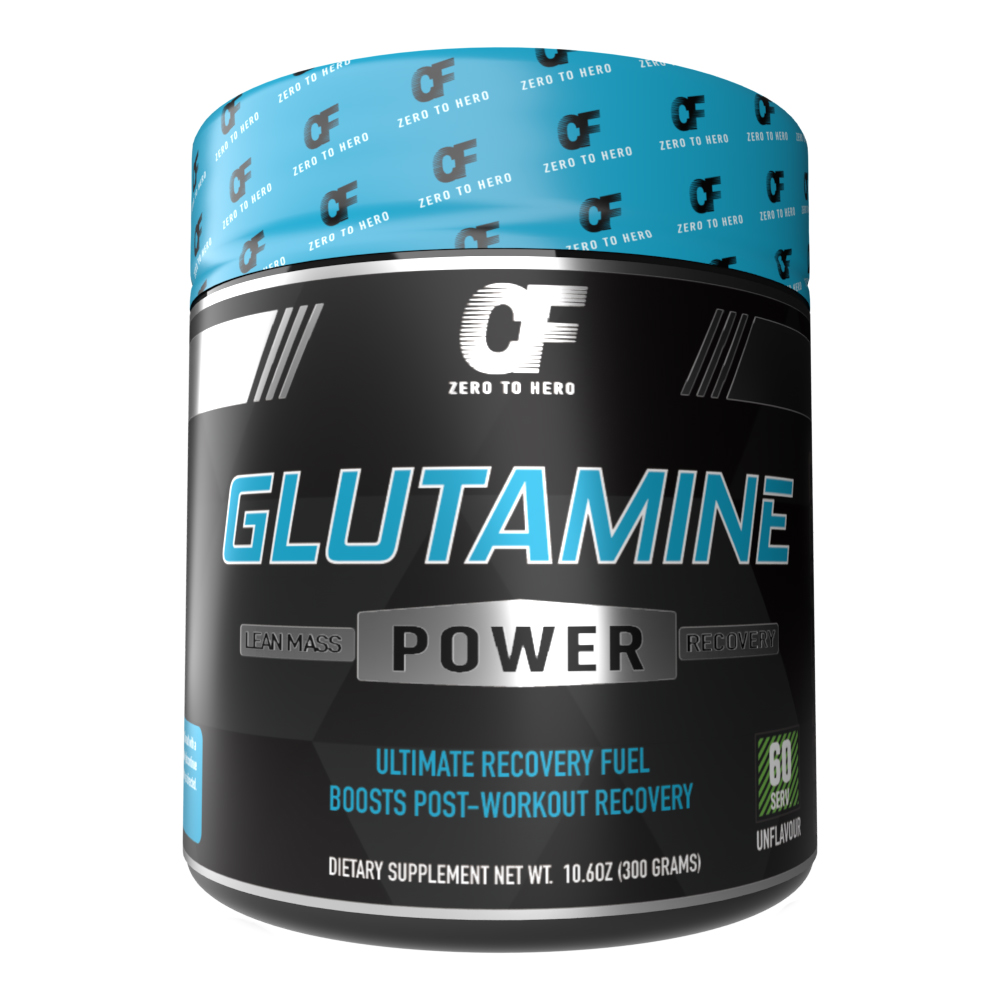
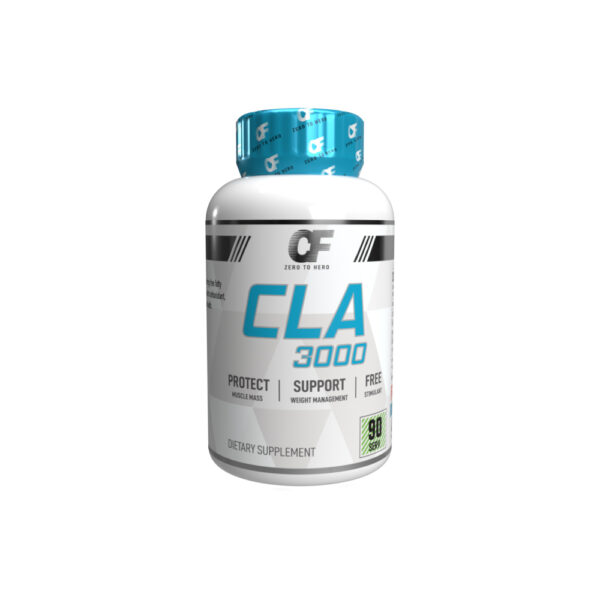
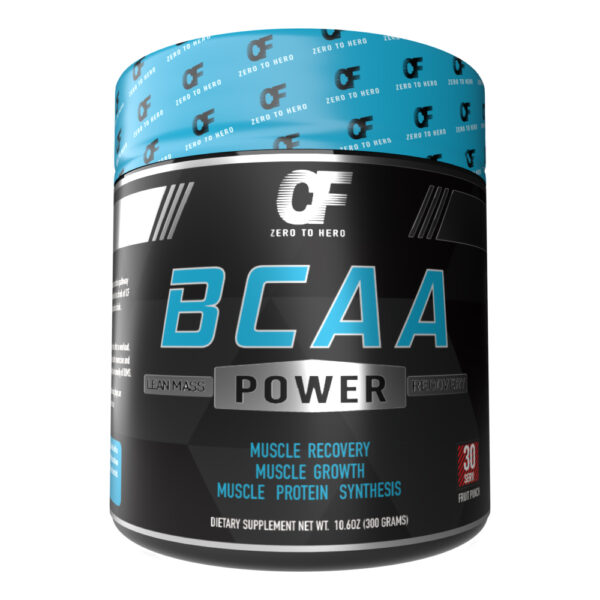


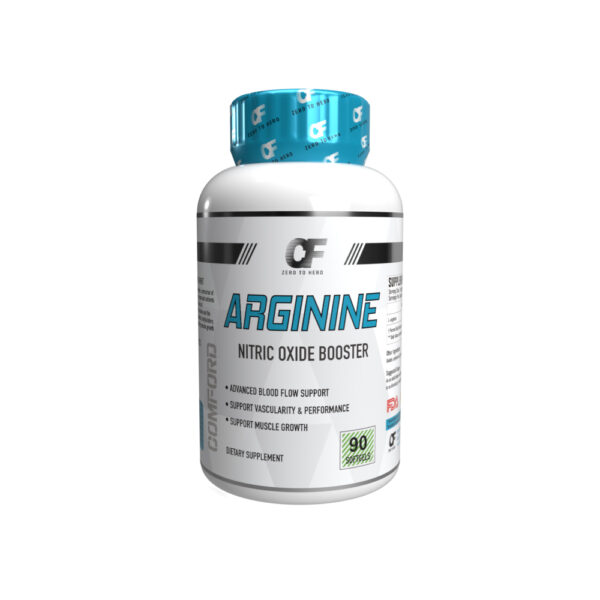
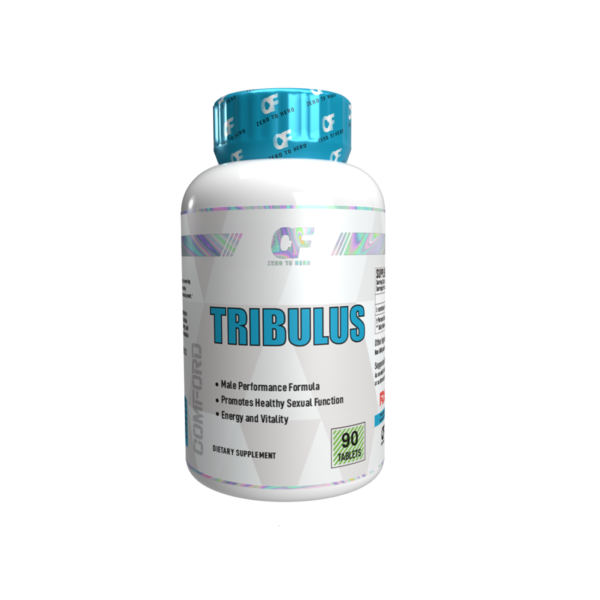
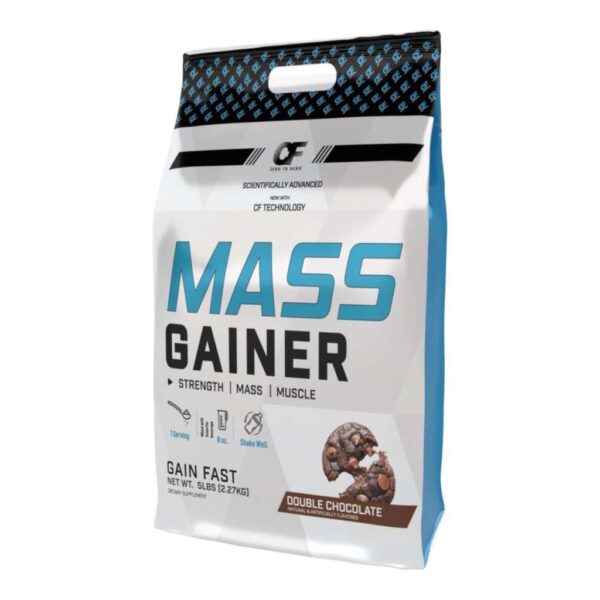
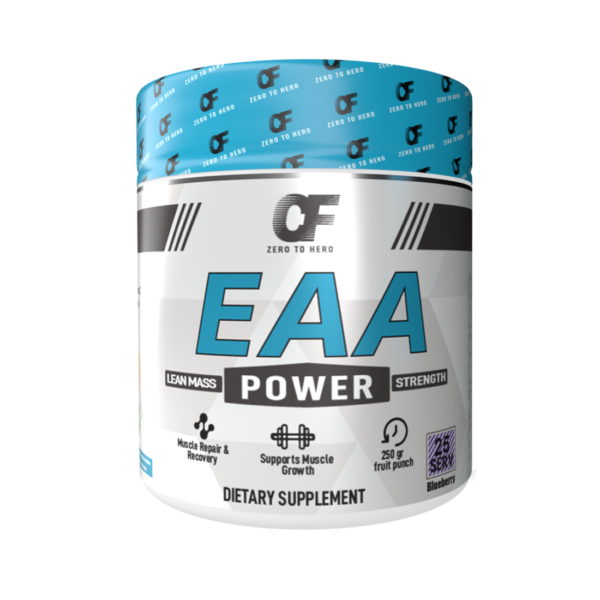
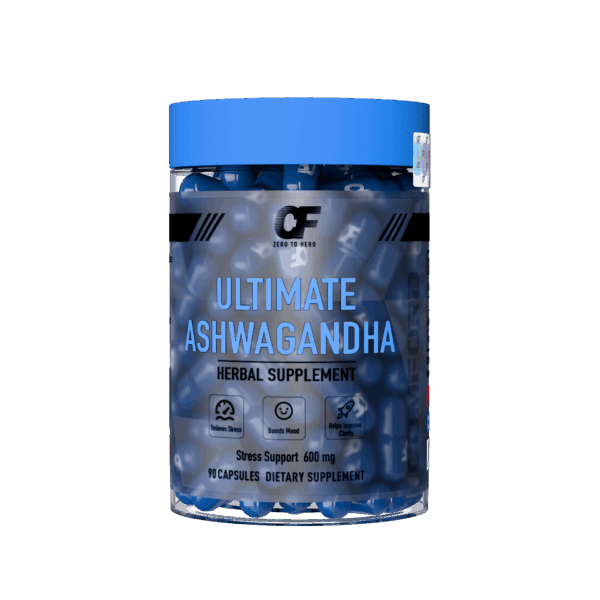
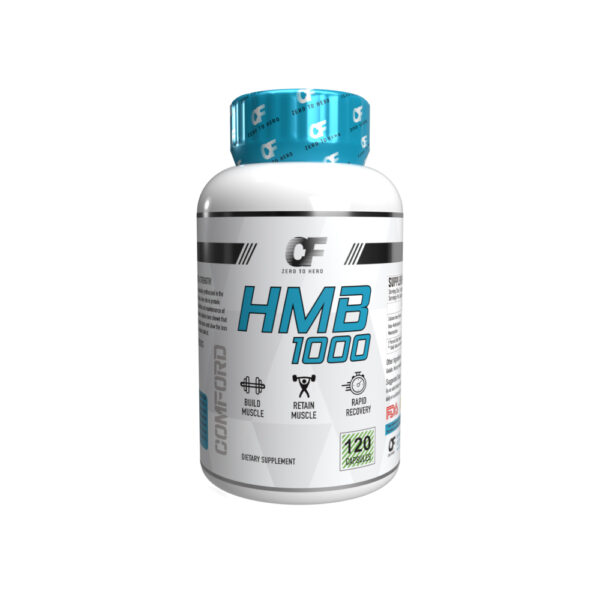
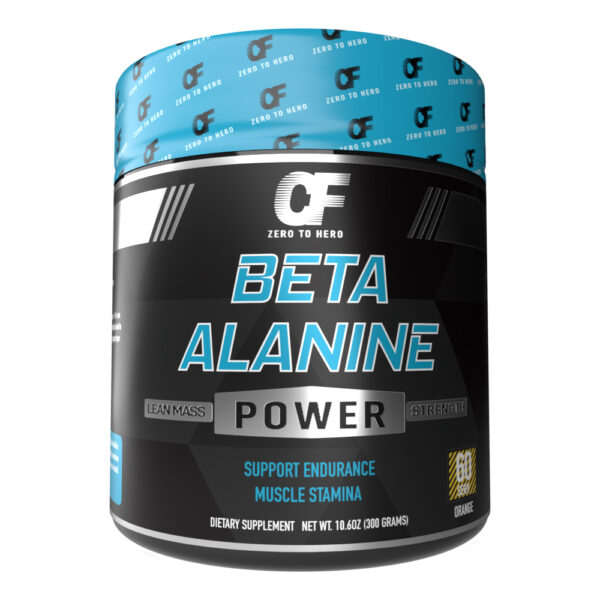
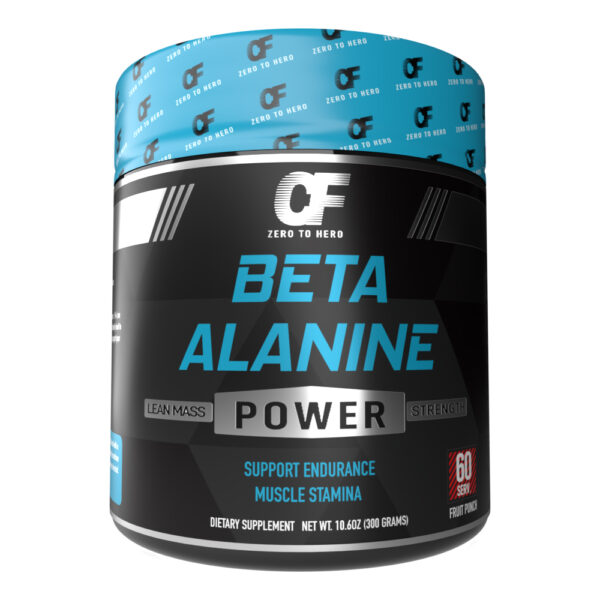
Reviews
There are no reviews yet.